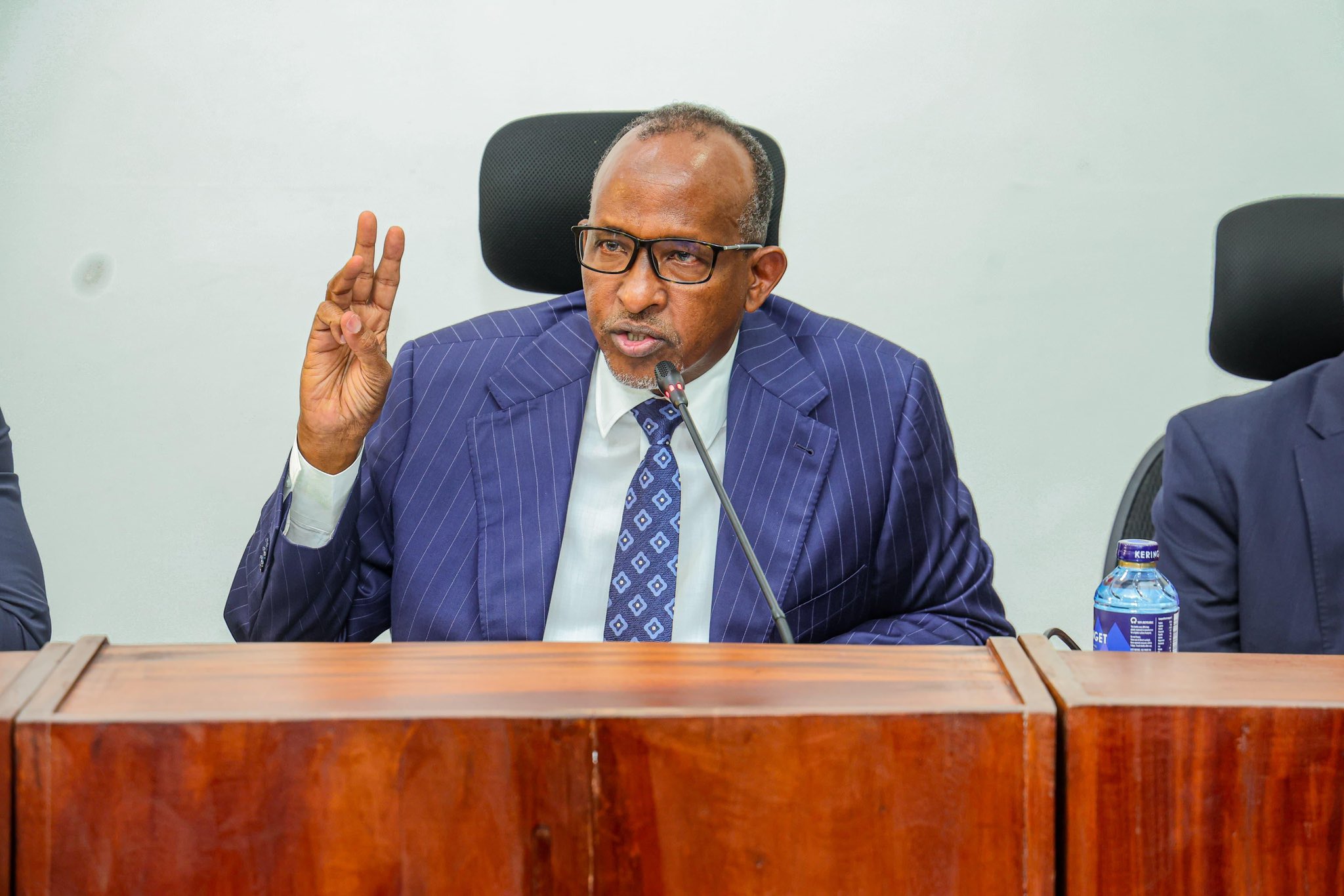Kenya’s public health facilities to fully digitize by October 1– CS Duale

All public health facilities in Kenya will be fully digitalized by October 1, 2025, according to Health Cabinet Secretary Aden Duale.
This initiative is part of the government's efforts to transform the healthcare sector, enhancing service delivery and streamlining systems for better efficiency across the country.
In his remarks at the official handover ceremony at Afya House on Tuesday, Duale highlighted that the transition to digital systems is crucial for improving healthcare services.
“By 1st October 2025, all public health facilities will be fully digitalized, ensuring efficient and effective healthcare services across the country,” he said.
The ongoing digitalization effort includes the integration of the Social Health Authority (SHA) systems and the development of the AfyaYangu platform.
This platform will allow citizens to access their health records from a unified system.
As part of the process, over 7,000 digital devices have been distributed across public hospitals to help them compete with private healthcare providers.
Duale also unveiled the operationalization of a 24/7 Taifa Care call center to provide continuous support and address health-related queries.
He assured the public that efforts are being made to smooth out any system glitches that could hinder service delivery.
“I assure Kenyans that every effort will be made to enhance service delivery and eliminate all system hitches,” Duale said.
Alongside digitalization, Duale revealed plans to improve financial support for the health sector.
These include a bed rebate enhancement for the Intensive Care Unit (ICU) and High Dependency Unit (HDU) beds to Sh28,000 per day.
Furthermore, the oncology package for cancer patients will increase to Sh550,000 per person, effective April 1, 2025.
“These measures will make health services more accessible and affordable, especially for the most vulnerable groups,” he added.
The Kenya Medical Supplies Authority (KEMSA) will also undergo reforms to improve its efficiency.
A recapitalization of Sh1.5 billion and a Sh5 billion credit facility will help ensure that the agency meets its target of a 90 percent order fill rate.
Duale also highlighted progress in the digitalization of health records through the Comprehensive Integrated Health Information Management System.
This system allows health data to be easily accessed from a single platform, making it simpler for Kenyans to track their medical history.
Another achievement is the National Equipment Service Programme (NESP), which ensures continuous access to medical equipment in county health facilities. NESP is seen as a more financially sustainable approach to medical equipment maintenance, following the success of the Medical Equipment Service (MES) programme.
Looking ahead, Duale reiterated that these reforms would improve the health system and ensure better services for all Kenyans.
“We are committed to making the health system work for all Kenyans,” he said.
